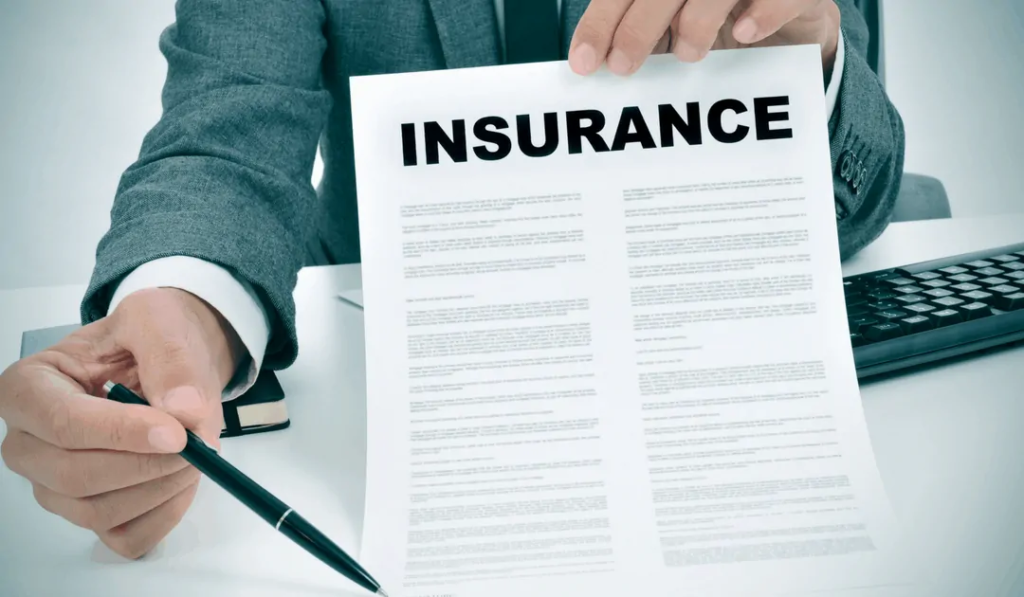Owning property can be a rewarding experience, but it comes with its own set of challenges, particularly when the property is vacant. Whether it’s a rental property awaiting new tenants, a home undergoing renovations, or a second property you only visit occasionally, vacant properties can be at greater risk for various issues. This is where vacant property insurance, a specialized type of property insurance, comes into play. This article explores what vacant property insurance is, why it’s important, and when you should consider it for your property.
What is Vacant Property Insurance?
Vacant property insurance is a specialized form of property insurance designed to cover homes and buildings that are unoccupied for extended periods. Unlike standard homeowners or rental property insurance, which typically covers properties that are regularly occupied, vacant property insurance addresses the unique risks associated with vacant properties.
1. Coverage Details
Vacant property insurance policies generally provide coverage for risks such as fire, vandalism, theft, and some types of damage like burst pipes or roof leaks. However, coverage specifics can vary between policies and insurers, so it’s important to review and understand what is included.
2. Duration of Coverage
Typically, vacant property insurance is intended for properties that will be unoccupied for 30 days or more. If your property is vacant for shorter periods, standard property insurance may still be sufficient, but it’s crucial to check with your insurer.
Why Consider Vacant Property Insurance?
Vacant property insurance is crucial for several reasons, especially given the increased risks associated with unoccupied properties:
1. Increased Risk of Damage
Vacant properties are more susceptible to various types of damage due to their lack of regular maintenance and monitoring. Common issues include:
- Vandalism: Unoccupied properties are more likely to be targeted by vandals or thieves, leading to potential damage or loss.
- Theft: Without regular supervision, vacant properties may be more vulnerable to theft, including the theft of appliances, fixtures, or even structural elements.
- Neglect: Without occupants, minor maintenance issues can quickly escalate into major problems, such as water damage from leaky pipes or roof issues.
2. Insurance Policy Exclusions
Many standard property insurance policies include a vacancy clause that limits or excludes coverage for damages occurring when the property is unoccupied for a specified period. Without vacant property insurance, you may find yourself without coverage for significant damages.
3. Property Value Protection
Vacant property insurance helps protect the value of your property by ensuring that you are financially covered for various types of damage or loss. This protection is essential, especially if you intend to sell or lease the property in the future.
4. Peace of Mind
Having vacant property insurance provides peace of mind, knowing that you are protected against potential risks. This can be particularly reassuring if you are managing multiple properties or if the vacant property is not easily accessible.
When Should You Consider Vacant Property Insurance?
There are several scenarios where vacant property insurance is particularly important:
1. Extended Vacancies
If your property will be vacant for 30 days or more, it is crucial to consider vacant property insurance. This applies to rental properties between tenants, homes undergoing extensive renovations, or properties that are seasonally unoccupied.
2. Property Renovations
Properties undergoing renovations are often at higher risk for various types of damage. Construction work can increase the likelihood of accidents, and unoccupied properties may not be monitored closely. Vacant property insurance can provide coverage for damages that occur during this period.
3. Seasonal Properties
If you own a vacation home or a seasonal property that is unoccupied for part of the year, vacant property insurance is essential. Even if you visit the property infrequently, the risks associated with long-term vacancy warrant specialized coverage.
4. Real Estate Investments
Investors holding properties for resale or lease may also benefit from vacant property insurance. This insurance helps protect the value of the property while it remains unoccupied and ensures that any damage or loss is covered.
5. Transition Periods
If you are in the process of selling or buying a property and it remains vacant during the transition, vacant property insurance can provide coverage during this interim period.
How to Obtain Vacant Property Insurance
Obtaining vacant property insurance involves several key steps:
1. Assess Your Needs
Evaluate the specifics of your property and its vacancy situation. Consider factors such as the duration of vacancy, the condition of the property, and any unique risks associated with the property.
2. Contact Insurance Providers
Reach out to insurance providers that offer vacant property insurance. Discuss your needs and get quotes to compare coverage options. Be sure to inquire about policy details, including coverage limits, deductibles, and exclusions.
3. Review Policy Terms
Carefully review the terms of the policy to ensure that it meets your needs. Pay attention to what is covered, any exclusions, and the length of coverage. Understanding these details will help you make an informed decision.
4. Purchase and Maintain Coverage
Once you’ve selected a policy, purchase the coverage and ensure that it remains active throughout the vacancy period. Regularly review your policy to make sure it continues to meet your needs, especially if the status of the property changes.
Conclusion
Vacant property insurance is a critical component of property insurance for homeowners, landlords, and real estate investors managing unoccupied properties. Given the increased risks associated with vacant properties, including vandalism, theft, and neglect, having specialized coverage ensures that you are protected against potential damages and losses. By understanding when to consider vacant property insurance and taking the necessary steps to obtain it, you can safeguard the value of your property and enjoy greater peace of mind. Whether you’re dealing with an extended vacancy, undergoing renovations, or managing a seasonal property, vacant property insurance is an essential tool for protecting your investment.
